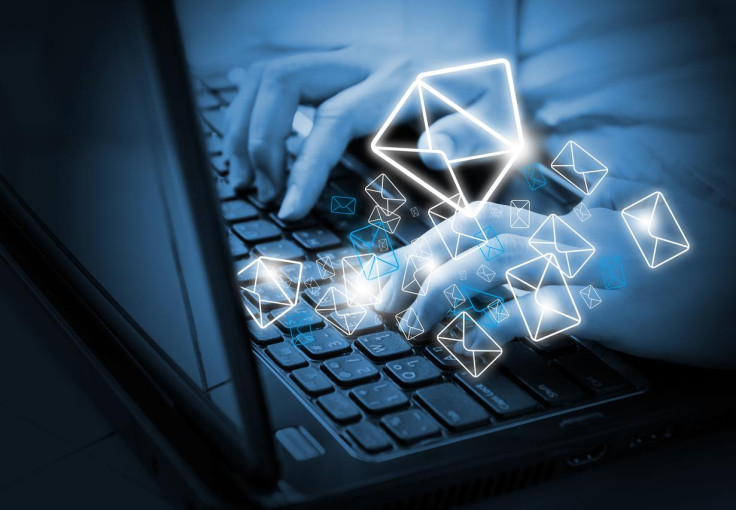Revealed: Eight email mistakes which are bugging your colleagues
Industry study reveals the things you should never do in a work email.

A staggering 92.6% of Brits think there are certain things you should never write in a work email, with the sending of inappropriate content, kisses and not addressing people correctly, taking the lead, according to a new industry survey.
In its recent poll of 1,100 UK workers, jobs website CV-Library found that with email communication seemingly taking over face-to-face interaction, around 17.1% of respondents admitted to receiving up to 80 emails each working day.
And while 73.2% said that they always remain professional no matter who their emails are being sent to, the study did highlight the eight email mistakes which workers think you should never do.
Sending inappropriate content, unsurprisingly came up top, with 90.7% of respondents citing it as an absolute no go area.
Sending kisses (64.6%) and not addressing people by their name (43.8%) also came pretty high on the list, followed by not signing off an email correctly (38.7%) and blind copying people into the email (29.1%).
Finally, copying in a manager just to get a response (16.6%), sending read receipts (11.5%) and flagging the email as high importance (10%) were also cited as email mistakes.
In addition to this, it appears that a more formal approach to emails is favoured by UK workers, with 38.9% stating that they'd open an email with 'Dear [Name]' and 41.8% would close the email with 'Kind Regards'. Following this, 30.2% would open with 'Hi [Name]' and close with 'Regards' (16.8%).
Lee Biggins, founder and managing director of CV-Library, said: "It's no secret that sending inappropriate content over email is a no-go in the workplace. That said, it's interesting to hear that other small common occurrences are bugging UK workers, not to mention the fact that the majority appear to be take a more formal approach with their communications."
What's more, the survey found that nearly two-thirds (64.9%) of Brits read and reply to emails outside of work hours, with a further 39% stating that they spend between 1 to 2 hours of their spare time doing so.
"Email traffic outside of traditional working hours is increasing and this can have a negative effect on your work-life balance. If you simply can't part with your emails after work, or while you're away, try to stick to allocated time slots in which you're allowed to look at them," Biggins concluded.





















